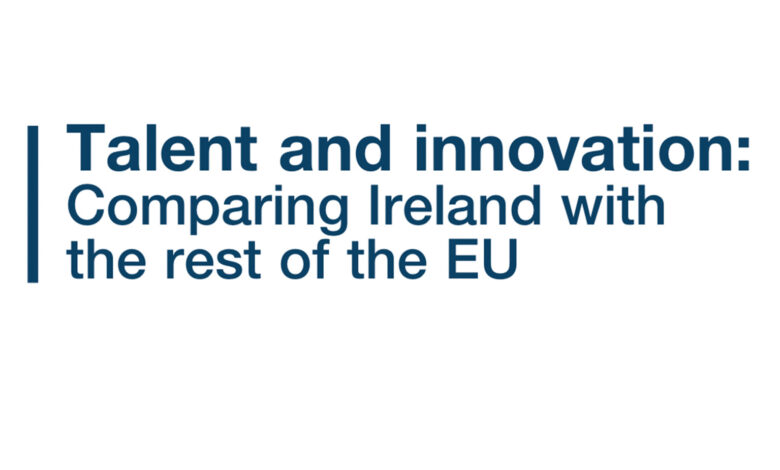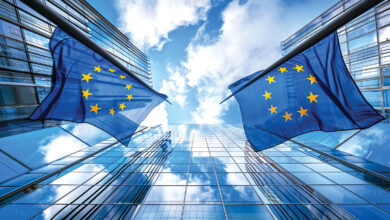Talent and innovation: Comparing Ireland with the rest of the EU

Launched by Simon Harris TD in 2024 when he was Minister for Further and Higher Education, Global Citizens 2030, Ireland’s talent and innovation strategy, aims to “embed excellence in talent and innovation into Ireland’s global footprint”, although it falls short on specific detail.
The Global Citizens 2030 strategy aims to establish the State as a global leader in education, research, and innovation, with a focus on talent attraction, international collaboration, and addressing global challenges like climate change and digital transformation.
The strategy is structured around six pillars:
- Talent and innovation at the heart of Ireland’s global footprint: Ireland’s integration of education into its diplomatic strategy through Team Ireland mirrors France’s Campus France initiative, which effectively combines education with diplomacy. However, stronger alumni networks like Germany’s could further support this effort.
- A first choice destination for international learners, researchers, and innovators: The International Education Mark (IEM) is analogous to the Dutch NVAO accreditation, which has received acclaim as a ‘step forward’. However, housing shortages and cost-of-living challenges pose risks. Emulating Finland’s municipal-university partnerships for student accommodation could provide a solution.
- Global citizens in multi-national, multi-cultural, and diverse workforces: This pillar highlights international mobility and inclusivity. Norway’s Internationalisation at Home initiative offers a model for improving global competencies for students unable to travel, which could be an exemplar model for Ireland in connecting students located in rural parts of the country.
- Enhanced influence in European education and research: Ireland’s active participation in Erasmus+ and the European Universities Initiative aligns with EU priorities. To strengthen its impact, Ireland could emulate Sweden’s leadership in sustainability-focused research within Horizon Europe.
- A new level of north-south and east-west collaboration: This measure is focused on collaboration on the island of Ireland, and with Britain on university partnerships. However, there are significantly more Irish students studying in the UK than British students studying in Ireland, and students from the North study in Britain in much higher number than they do in the Republic.
- Thought leadership in international education and research policy: The ambition to lead as a small advanced economy parallels Denmark’s focus on sustainable energy research, and is relatively more details than other proposals. Ireland’s success will depend on prioritising sectors where it holds existing strengths, such as med-tech and agri-food innovation.
The strategy, while it outlines high levels of ambition for the expansion of innovation in the State’s labour market, is short on specifics. When comparing with measures in other EU member states, such as Finland’s infrastructure planning, Norway’s inclusivity measures, and Sweden’s focus on sustainability, it is clear that while Ireland is respected as a digital leader in the EU, that the Government must focus on actionable policies to realise its goals under the Global Citizens 2030 strategy.





